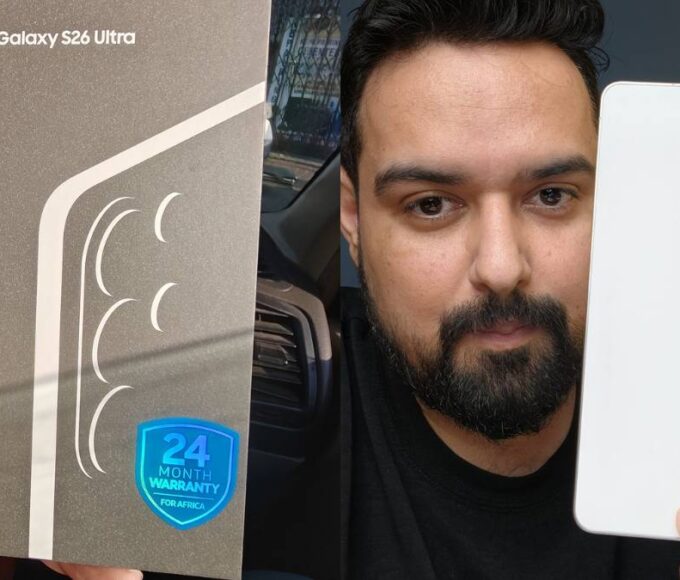In Spain’s Catalonia region, police are on high alert when they see someone using a Google Pixel phone. According to local law enforcement, criminals and gang members in the area have made Pixels their device of choice—especially with a security-focused system called GrapheneOS installed.
A police official explained, “Every time we see a Google Pixel, we suspect it might belong to a drug dealer.” The reason isn’t anything Google built for crime, but rather the open and customizable nature of Android.
Many criminals prefer GrapheneOS, a private operating system that makes it much harder for companies—or authorities—to access personal data. Pixel phones run GrapheneOS well, offering advanced encryption and reliable security updates. Because of these advantages, organized crime members reportedly use Pixels with removed cameras, microphones, and GPS to further avoid detection.
The team behind GrapheneOS has spoken out in response, saying their system is for privacy, not crime. “Security is a tool,” the team stated, “and can be wielded just as much for good as it can for bad.”
The police’s response to this trend is aggressive: they attempt to infect suspicious phones with malware, allowing them to access apps, files, and media for investigations.
While Google didn’t intend for its phones to become a criminal tool, Pixels’ top-notch hardware and open software have made them appealing to users who value privacy—no matter their intentions.
With this shift, a Pixel phone in Catalonia draws more than just tech interest—it now raises police suspicion.









